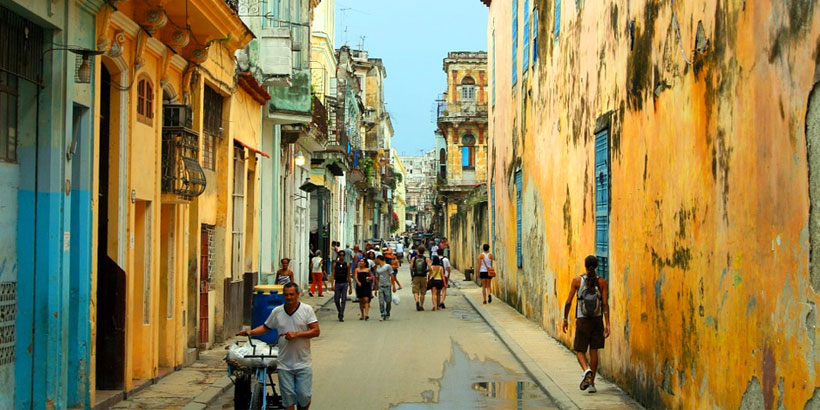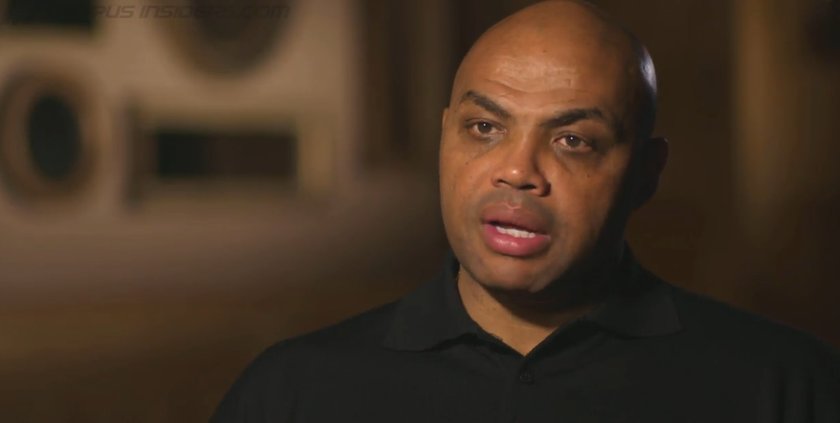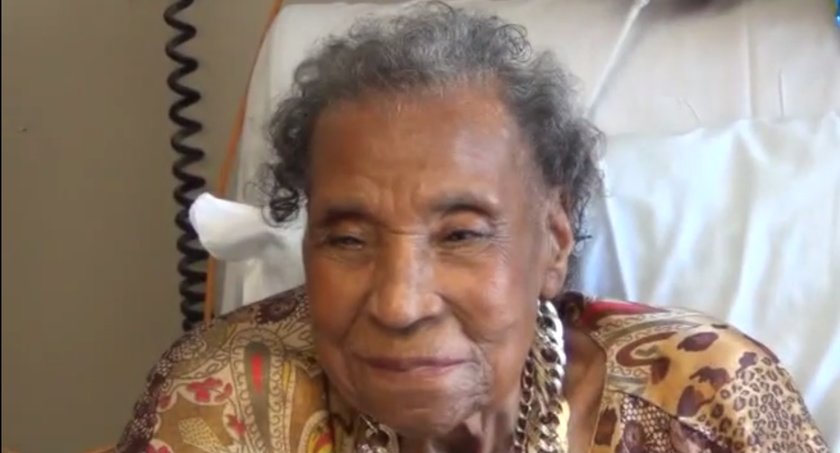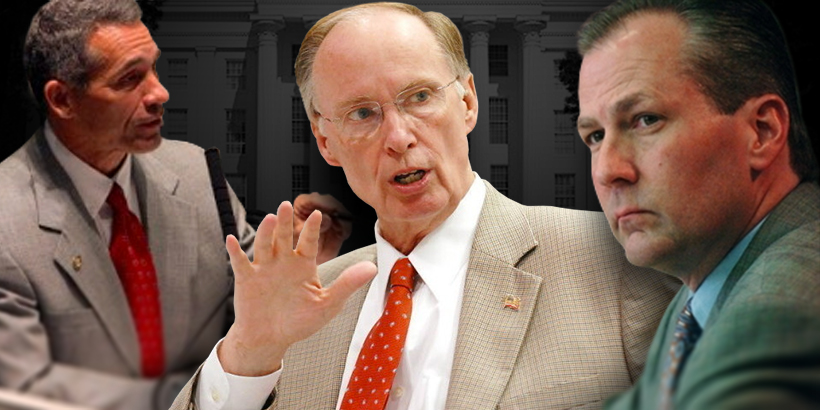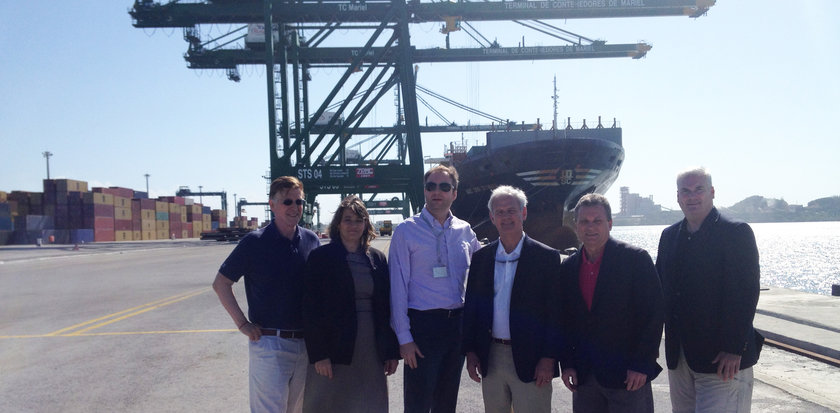
I recently traveled to Cuba as part of a Congressional Delegation to learn more about the Cuban government, visit with the Cuban people, and discuss everything from the economy to education to trade.
This visit came at a particularly interesting time as the United States remains in negotiations with Cuba about restoring diplomatic and economic relations. You may remember that late last year President Barack Obama announced that he had decided unilaterally to normalize relations with Cuba for the first time in over 50 years.
I was immediately concerned by this announcement because the President had once again decided to act alone without any consultation with Congress. This pattern of executive overreach has been far too common from the Obama administration. I also had serious concerns about normalizing relations with Cuba while the Castro regime was still in power.
Despite these reservations, I do want to see the United States and Cuba reach the point where diplomatic relations can be fully restored and the Congressionally imposed trade embargo can be lifted. I also realize that the city of Mobile and all of Southwest Alabama is uniquely suited to potentially benefit from improved relations with Cuba.
That’s why I accepted an opportunity to travel to Cuba and see the progress for myself. I was joined on the trip by four other Members of Congress, two of whom represent southern port cities like I do.
Upon arrival, we immediately met with the Cuban Foreign Minister and his staff. We had a very serious conversation about the ongoing negotiations, and I expressed my concerns about the need for mutual assurances on security matters and human rights. I also made clear that it isn’t the responsibility or intention of the United States to change the way Cuba runs their country. That is a decision that the Cubans must reach on their own.
The next day we traveled out to the Port of Mariel, which is west of Havana. The port is well positioned and has a lot of room for expansion. It is only two years old and still under construction. It has a capacity for 800,000 containers, but they are only handling around 260,000 containers at present.
I talked with the Port officials about ways the United States can slowly open up trade opportunities instead of lifting the trade embargo all at once. We talked extensively about transshipments, which would allow goods from the larger Post-Panamax ships soon to be passing through the Panama Canal to be moved onto smaller ships that could then dock at ports along the Gulf Coast, like the Port of Mobile. That is, at least until our port is dredged to the appropriate depth to support these new vessels.
During the trip we also had the opportunity to visit with officials from the Catholic Church, small business owners, scholars, medical students, and many ordinary Cubans. Each group faces some pretty significant challenges, but they all expressed optimism.
At each stop, it became clear that Cuba is a beautiful country full of remarkable people. I believe there is legitimate potential for strong ties between our two countries. Unfortunately, they have a long way to go to achieve their legitimate desire to participate in the world economy.
Cuba must continue to make improvements in their infrastructure, as well as progress in the treatment of its citizens. Cuba must also build trust with the United States by no longer allowing known U.S. adversaries like Russia to operate militarily in Cuban airspace and waters.
I know that one day the trade embargo will be repealed, the Cuban people will engage in economic activities with the United States, and Americans will be able to freely travel to Cuba. While that day is not yet here, I look forward to continuing to be a positive, proactive participant in the negotiations.
Congressman Bradley Byrne represents Alabama’s 1st District.







